## A Dream Deferred: Trump Throws 530,000 Immigrants into Legal Limbo Remember Temporary Protected Status? That lifeline for immigrants fleeing hardship in their home countries? Well, for 530,000 Cubans, Haitians, Nicaraguans, and Venezuelans, that lifeline has just been severed. Trump’s latest move, revoking their legal status, throws them into a terrifying uncertainty, raising serious questions about the very fabric of our immigration system. We unpack the implications, the stories behind the numbers, and the fight for a future that’s anything but temporary.
Reactions from Lawyers, Activists, and Immigrant Rights Groups
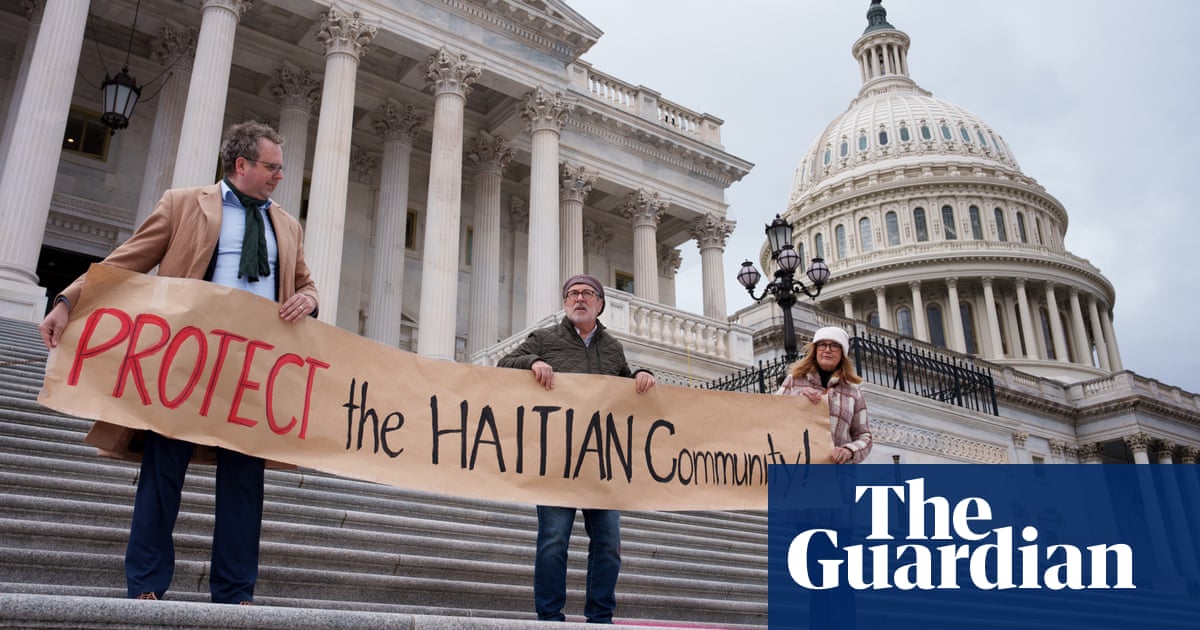
The decision by the Department of Homeland Security to revoke the temporary legal status of over 530,000 Cubans, Haitians, Nicaraguans, and Venezuelans has sparked widespread condemnation from lawyers, activists, and immigrant rights groups.
Karen Tumlin, the founder and director of the Justice Action Center, one of the organizations that filed a lawsuit against the Trump administration’s decision to end humanitarian parole, called the move “reckless, cruel, and counterproductive.”
Tumlin stated that the decision will cause “needless chaos and heartbreak for families and communities across the country.” The Justice Action Center and other groups have challenged the Trump administration’s decision in federal courts, seeking to reinstate the programs for people from the four nationalities.
The American Civil Liberties Union (ACLU) has also condemned the decision, stating that it will have a devastating impact on the lives of hundreds of thousands of people who have already made significant contributions to their communities in the United States.
According to the ACLU, the decision will force many people to live in fear of deportation, separating families and causing significant emotional distress. The organization has called on the Trump administration to reconsider its decision and work towards a more humane and compassionate immigration system.
The National Immigration Law Center (NILC) has also expressed its opposition to the decision, stating that it will have a disproportionate impact on immigrant communities of color. The NILC has called on Congress to take action to protect the rights and dignity of all immigrants, regardless of their nationality or immigration status.
The decision by the Department of Homeland Security has also been met with criticism from some Republican lawmakers, who have argued that the Trump administration’s policies are necessary to protect American workers and ensure national security.
However, immigration advocates argue that the decision will ultimately harm American businesses and the economy, as it will force many skilled and dedicated workers to leave the country. The decision will also have a significant impact on the healthcare and education systems, as many immigrants are essential workers in these industries.
In a statement, the NILC noted that the decision will “have devastating consequences for families, communities, and the economy as a whole.”
The organization has called on the Trump administration to reconsider its decision and work towards a more comprehensive and humane immigration system that takes into account the needs and contributions of all immigrants.
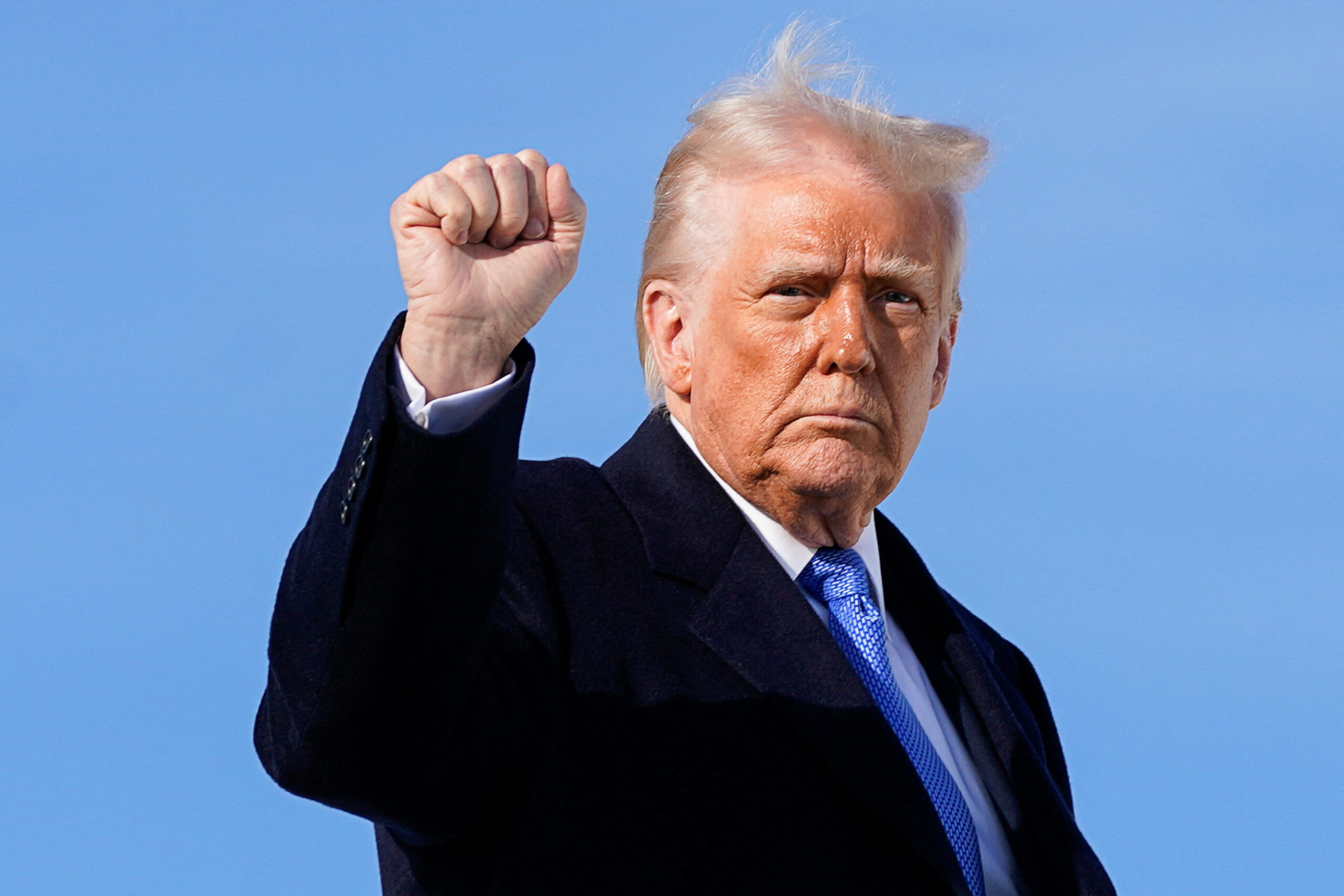
Implications and Analysis
Consequences for Parolees and Migrant Communities
The decision by the Department of Homeland Security to revoke the temporary legal status of over 530,000 Cubans, Haitians, Nicaraguans, and Venezuelans will have significant implications for parolees and migrant communities.
Many of these individuals have already made significant contributions to their communities in the United States, working in industries such as healthcare, education, and technology. The loss of their temporary legal status will force many to live in fear of deportation, separating families and causing significant emotional distress.
According to the NILC, the decision will have a disproportionate impact on immigrant communities of color, who are already disproportionately affected by poverty, unemployment, and other social and economic challenges.
The decision will also have a significant impact on the lives of children, who will be forced to navigate the complex immigration system alone. The loss of their parents or guardians will have long-term consequences for their mental and emotional well-being, as well as their academic and social development.
Furthermore, the decision will have a significant impact on the economy, as it will force many skilled and dedicated workers to leave the country. The loss of these workers will have a negative impact on American businesses, particularly in industries such as healthcare and technology.
The decision will also have a significant impact on the healthcare and education systems, as many immigrants are essential workers in these industries. The loss of these workers will have a negative impact on the quality of care and education provided to American citizens.
According to the NILC, the decision will “have devastating consequences for families, communities, and the economy as a whole.”
The organization has called on the Trump administration to reconsider its decision and work towards a more comprehensive and humane immigration system that takes into account the needs and contributions of all immigrants.
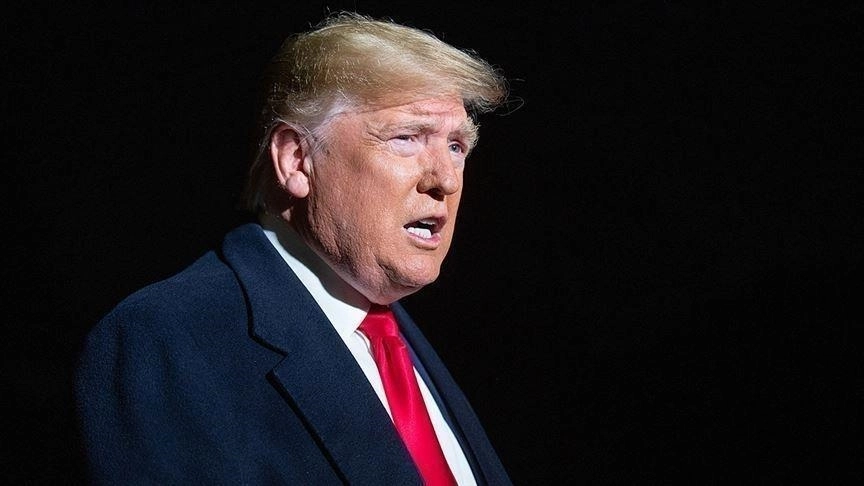
Repercussions for the US-Mexico Border
Review of the Biden Administration’s Efforts to Curbs Illegal Crossings
The decision by the Department of Homeland Security to revoke the temporary legal status of over 530,000 Cubans, Haitians, Nicaraguans, and Venezuelans will have significant repercussions for the US-Mexico border.
The Biden administration has been working to curb illegal crossings at the border, and the decision by the Trump administration will undermine these efforts. The loss of temporary legal status for those who have already entered the country will make it more difficult for the Biden administration to implement its policies.
The decision will also have a significant impact on the lives of migrants who are attempting to cross the border. Many of these individuals are fleeing violence, persecution, and poverty in their home countries, and the loss of temporary legal status will make it more difficult for them to seek safety and protection in the United States.
The decision will also have a significant impact on the lives of American citizens who live along the border. The loss of temporary legal status will make it more difficult for these individuals to access the healthcare and education services that they need, and will also make it more difficult for them to participate in the economy.
According to the NILC, the decision will “have devastating consequences for families, communities, and the economy as a whole.”
The organization has called on the Trump administration to reconsider its decision and work towards a more comprehensive and humane immigration system that takes into account the needs and contributions of all immigrants.
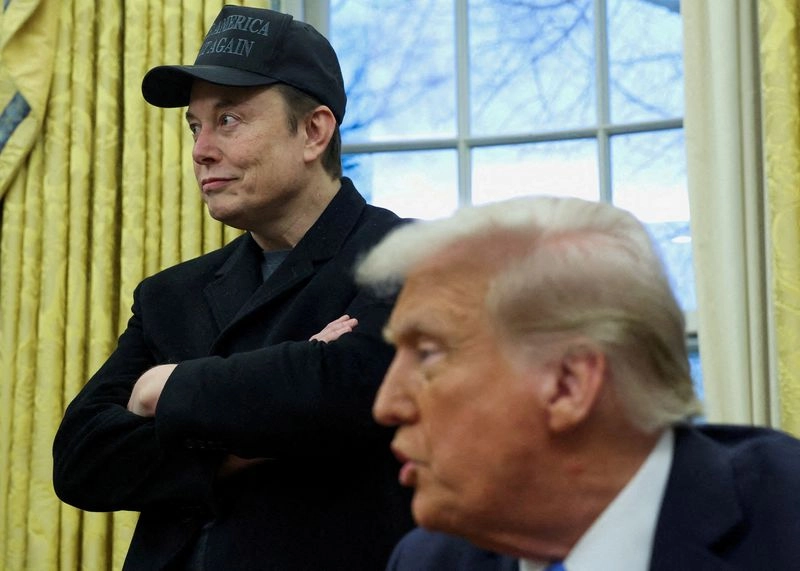
Practical Aspects and Next Steps
Case-by-Case Basis: An Unclear Path Forward
The decision by the Department of Homeland Security to revoke the temporary legal status of over 530,000 Cubans, Haitians, Nicaraguans, and Venezuelans will have significant practical implications for those affected.
According to the Department of Homeland Security, some of those in the US under the CHNV program may be allowed to remain on a case-by-case basis. However, the criteria for this case-by-case consideration are unclear, and it is not clear how many individuals will be eligible for this consideration.
Immigration advocates have expressed concerns that the case-by-case consideration process will be arbitrary and unfair, and will disproportionately affect certain groups of individuals.
According to the NILC, the decision will “have devastating consequences for families, communities, and the economy as a whole.”
The organization has called on the Trump administration to reconsider its decision and work towards a more comprehensive and humane immigration system that takes into account the needs and contributions of all immigrants.
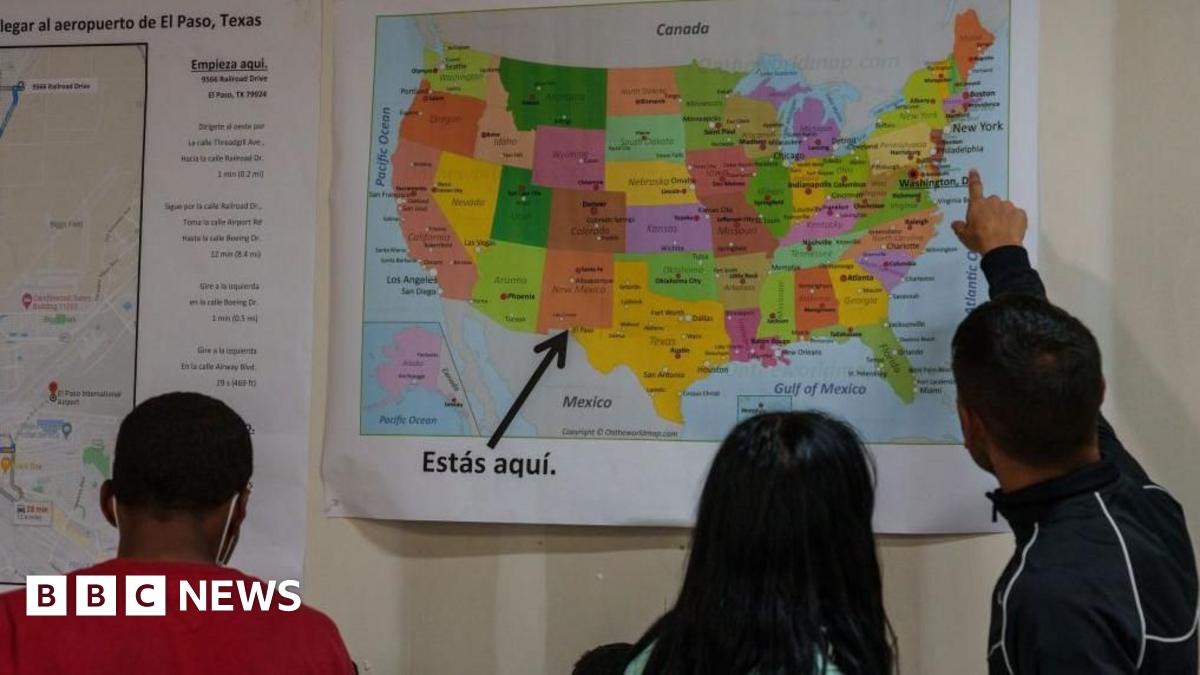
Advocacy and Activism: A Call to Action
The decision by the Department of Homeland Security to revoke the temporary legal status of over 530,000 Cubans, Haitians, Nicaraguans, and Venezuelans is a call to action for immigrant rights advocates and activists.
Immigration advocates have been working tirelessly to challenge the Trump administration’s decision and to advocate for a more comprehensive and humane immigration system.
The decision has sparked widespread condemnation from immigrant rights groups, and has been met with significant opposition from lawmakers and community leaders.
According to the NILC, the decision will “have devastating consequences for families, communities, and the economy as a whole.”
The organization has called on the Trump administration to reconsider its decision and work towards a more comprehensive and humane immigration system that takes into account the needs and contributions of all immigrants.
Immigration advocates are urging individuals to contact their lawmakers and express their opposition to the decision. They are also encouraging individuals to participate in advocacy campaigns and to support organizations that are working to challenge the Trump administration’s decision.
The NILC has also launched a petition calling on the Trump administration to reconsider its decision and to work towards a more comprehensive and humane immigration system.
The petition has already garnered significant support, with thousands of individuals signing on to express their opposition to the decision.
Immigration advocates are also planning to hold protests and rallies in cities across the country to express their opposition to the decision and to advocate for a more comprehensive and humane immigration system.
The decision by the Department of Homeland Security to revoke the temporary legal status of over 530,000 Cubans, Haitians, Nicaraguans, and Venezuelans is a significant setback for immigrant rights advocates and activists.
However, it is also a call to action, and immigrant rights advocates are urging individuals to get involved and to make their voices heard.
Conclusion
Conclusion: A Step Back for Thousands of Immigrants
The recent decision by the US government to revoke the legal status of 530,000 Cubans, Haitians, Nicaraguans, and Venezuelans marks a pivotal moment in the ongoing immigration debate. As discussed in our previous article, this move, announced by the Trump administration, would effectively end the Temporary Protected Status (TPS) of these groups, leaving thousands of individuals and families in limbo. The article highlighted the devastating impact this decision would have on the affected communities, including the loss of work permits, deportation, and the potential breakdown of family units.
The significance of this development cannot be overstated. The revocation of TPS status not only affects the lives of these individuals but also raises questions about the US government’s commitment to protecting vulnerable populations. The article argued that the decision is a clear example of how politics can take precedence over humanitarian concerns, highlighting the need for a more compassionate and inclusive immigration policy. As the US continues to grapple with the complexities of immigration, this decision serves as a stark reminder of the human cost of policy decisions.

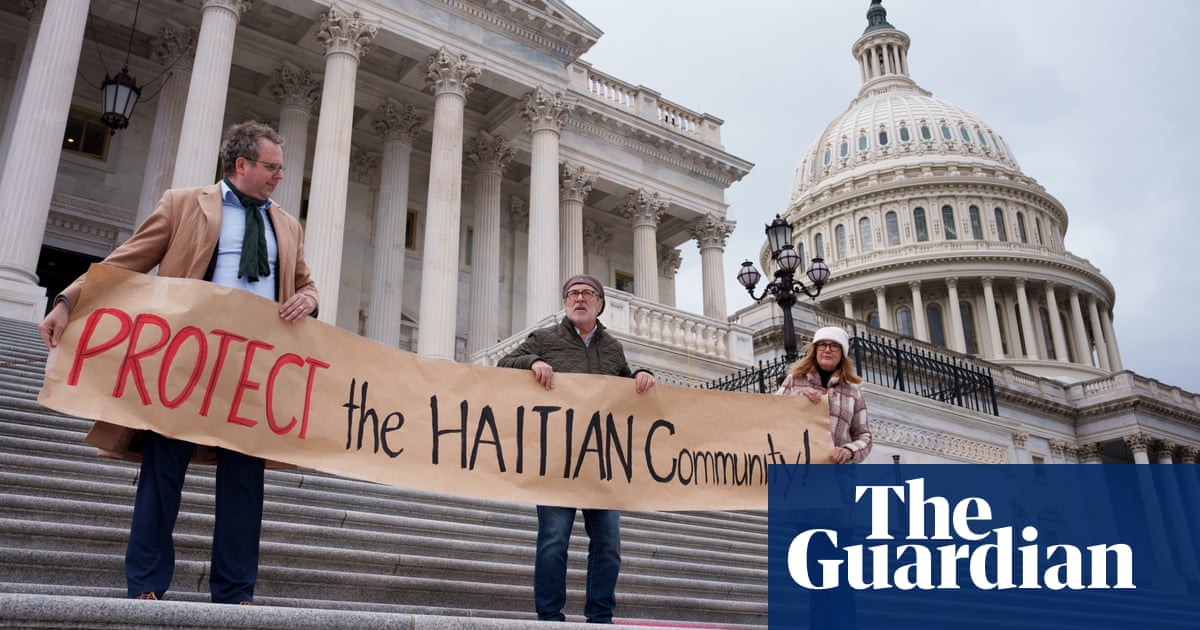



Add Comment